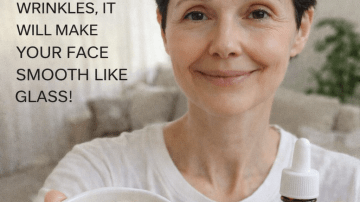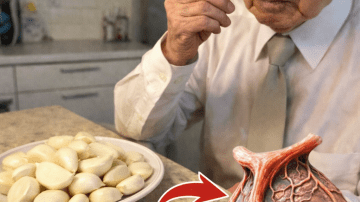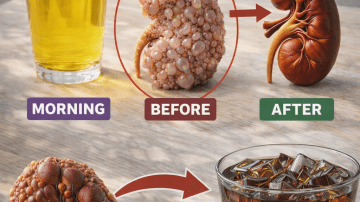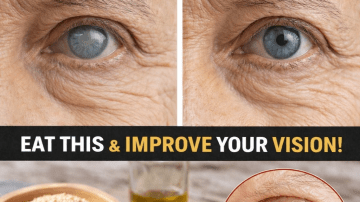What if life-saving medicine didn’t come from machines, but from towels, gravity, and human hands?
In the winter of 1976, a deadly influenza outbreak swept through nursing homes in Vietnam. The virus struck the most fragile — the elderly, already weakened by age and illness. In many homes, the outcome was tragic. Dozens died as resources ran dry. There were no antivirals, no ventilators, not even oxygen tanks. For caregivers, every day felt like a desperate attempt to keep hope alive.
And yet, in one small nursing home, something astonishing happened.
Here, not a single life was lost.
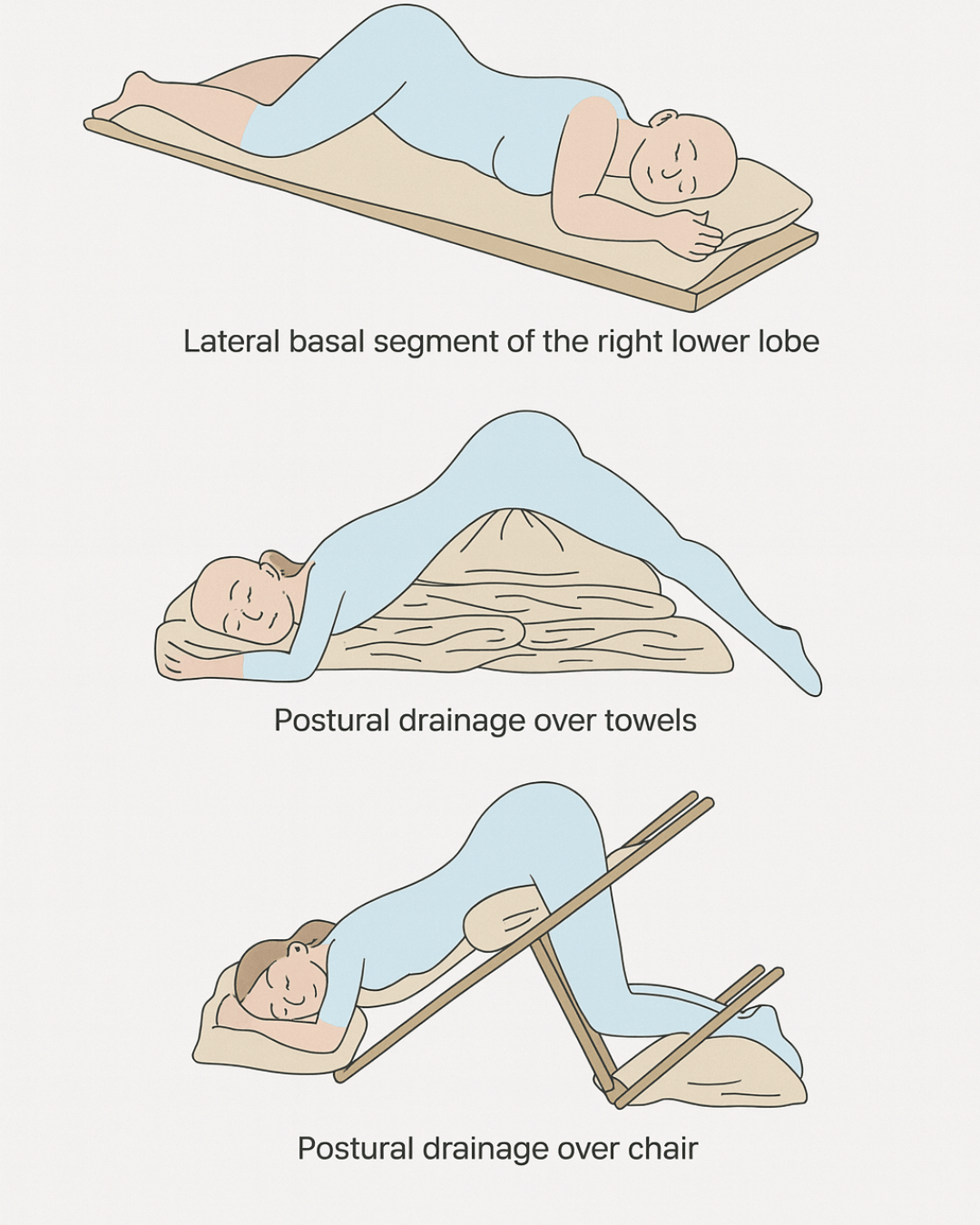
💡 A Quiet Innovation Born of Desperation
The caregivers had no advanced technology, no medical supplies beyond the basics. What they did have was knowledge of the body — and resourcefulness.
They turned to an old but rarely practiced technique: postural drainage.
By carefully positioning patients with gravity in mind — sometimes propped on rolled towels, other times angled over chairs or tilted beds — they allowed fluid trapped in the lungs to drain more easily. Airways cleared. Breathing stabilized. What seemed impossible became survivable.
🛏️ Postural Drainage: Healing Without Machines
For the patients, the method was simple but profound:
- Some were laid on inclined boards, their heads gently lower than their chests, so mucus could flow out.
- Others were supported on stacks of towels beneath the abdomen, creating just the right angle for the lungs to clear.
- Some were positioned over chairs, gravity doing the work that machines could not.
It required no power supply, no costly equipment — only time, care, and patience. Caregivers adjusted positions several times a day, gently monitoring each patient’s breathing.
And day by day, they noticed a miracle unfolding.
❤️ A Home That Defied Death
While neighboring facilities were devastated — losing dozens of frail lives — this one home stood as an island of survival. Every resident lived. Not one death.
The difference was not luck. It was attention, resourcefulness, and human touch.
The world never heard about it. No headlines, no medical journals. Just quiet resilience in the face of impossible odds.
🌱 Lessons We Cannot Forget
This forgotten chapter in history carries lessons that are more relevant than ever.
1. Human care can be stronger than technology.
Machines are invaluable, but when stripped away, knowledge and compassion can still turn the tide.
2. Simplicity saves lives.
Postural drainage proved that sometimes the most powerful solutions require no more than towels, gravity, and persistence.
3. Crisis sparks innovation.
When resources vanish, creativity awakens. What those caregivers achieved in 1976 remains a testament to the power of improvisation in healthcare.
🌍 Why This Story Matters Today
We live in an era obsessed with high-tech medicine — ventilators, robotic surgery, cutting-edge drugs. But what happens when those are not available? Pandemics, natural disasters, war zones, and remote communities still face shortages.
The lesson from Vietnam whispers through time: never underestimate what human ingenuity can achieve.
The nursing home’s survival was not just a medical triumph; it was a moral one. It showed that care, patience, and attention can be as vital as any machine.
✨ A Miracle Hidden in Plain Sight
Most of the world never learned about this story. It slipped quietly into history, overshadowed by bigger headlines and louder nations. Yet its meaning is timeless:
🩵 Sometimes, saving a life isn’t about what we have — it’s about what we know, and how much we care.
The forgotten miracle of 1976 remains a reminder to us all: in the darkest of times, the simplest acts of care can be the brightest form of medicine.
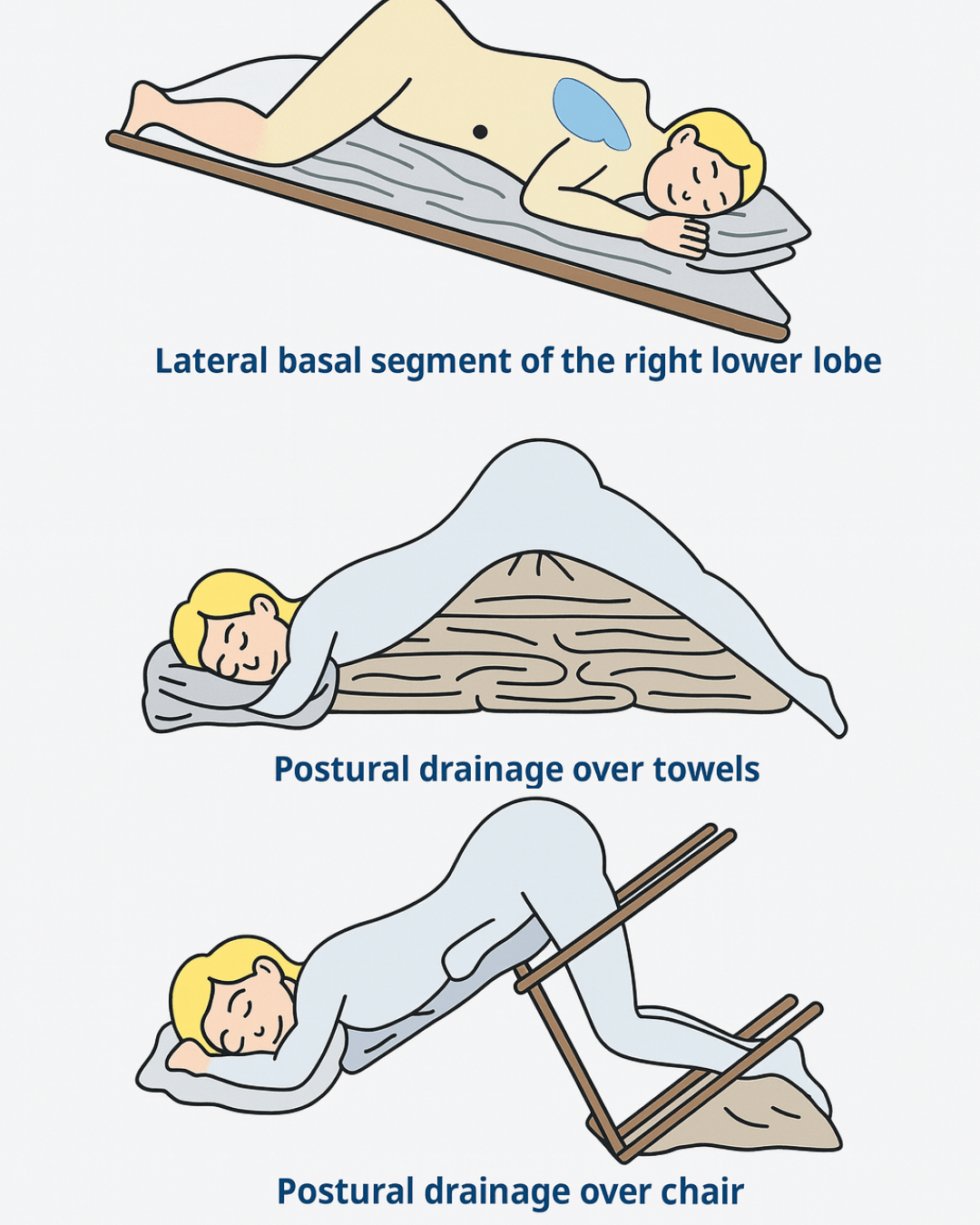
Would you like me to expand this into a long-form article (1200+ words) with more structured sections — for example:
- A detailed introduction creating suspense and curiosity
- In-depth storytelling of the outbreak’s context
- Step-by-step explanation of postural drainage (with modern medical insights)
- Broader implications for global health today
- A powerful closing designed to keep readers reflecting
That way it won’t just be a touching story — it will also be a professional, SEO-friendly article that keeps readers engaged for longer.

